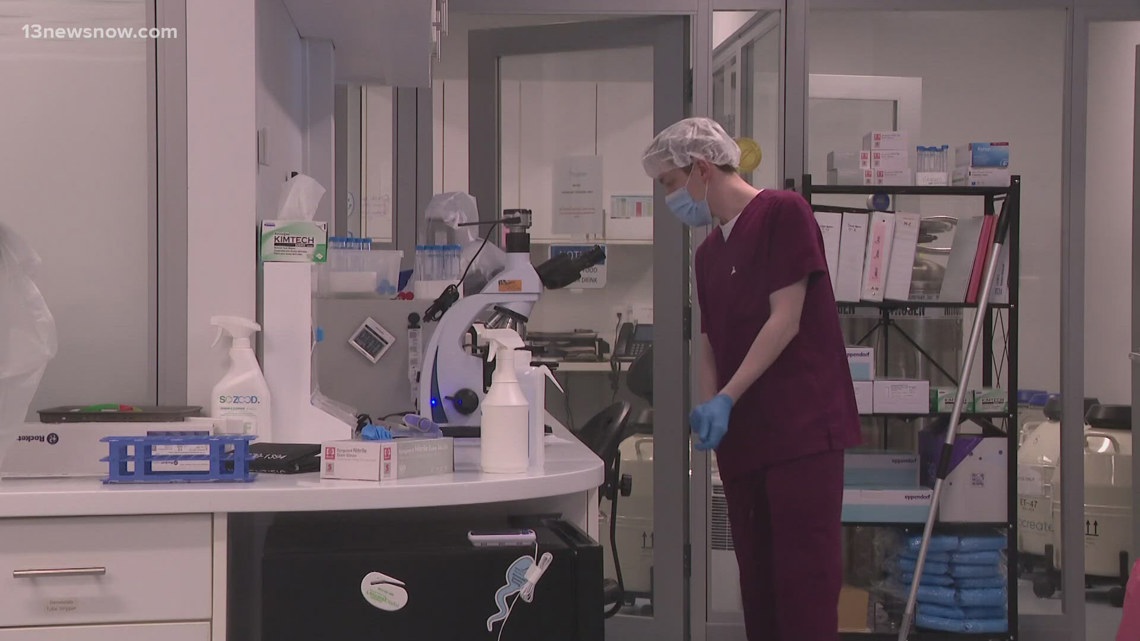Singapore Vets Speak Out: The Silent Struggle with Mental Health and What You Can Do to Help

The Unique Pressures on Singapore Vets
The job of a veterinarian is far more demanding than many realise. Beyond the compassion for animals, vets in Singapore deal with a relentless workload, long hours, and emotionally draining situations. They're often the ones delivering difficult news to pet owners, making life-or-death decisions, and handling complex medical cases. The financial burden of running a clinic, coupled with increasing competition, adds further stress.
Furthermore, the close bond vets develop with their patients, both animal and human, amplifies the emotional toll. Losing an animal, even when all efforts are made, is a deeply felt loss for the vet, adding to the cumulative emotional weight. The public, while often appreciative, can also be demanding and, at times, unrealistic in their expectations, leading to frustration and burnout.
The Centers for Disease Control and Prevention (CDC) data paints a stark picture, and Singapore's veterinary landscape isn't immune. Several factors contribute to this elevated risk:
- High Stress Levels: The constant pressure to perform, combined with the emotional burden, creates a breeding ground for stress and anxiety.
- Perfectionism: Many vets are driven by a desire to provide the best possible care, leading to self-criticism and a reluctance to ask for help.
- Limited Access to Mental Health Support: Historically, there's been a stigma surrounding mental health within the veterinary profession, making it difficult for vets to seek help without fear of judgment.
- Easy Access to Lethal Medications: Vets have ready access to medications that can be misused, adding a tragic layer to the problem.
Addressing this crisis requires a multi-faceted approach. Here’s what’s needed in Singapore:
- Increased Awareness: Openly discussing mental health within the veterinary community is crucial to break down the stigma.
- Accessible Support Services: Providing affordable and confidential counselling services, specifically tailored to the needs of vets, is essential. This could include Employee Assistance Programs (EAPs) and peer support groups.
- Promoting Work-Life Balance: Encouraging clinics to adopt practices that promote work-life balance, such as reasonable working hours and adequate vacation time.
- Training and Education: Equipping vets with skills to manage stress, recognise signs of mental health issues in themselves and colleagues, and provide support to grieving pet owners.
- Public Understanding: Educating the public about the challenges faced by vets and fostering empathy and understanding. Pet owners can play a role by being respectful, realistic in their expectations, and appreciative of the vet’s efforts.
The mental health of Singapore’s veterinary professionals is a matter of public concern. By raising awareness, providing support, and fostering a culture of compassion, we can help ensure that those who dedicate their lives to caring for our beloved animals receive the care and support they deserve. Let's work together to create a healthier and more sustainable future for our veterinary community. If you or someone you know is struggling, please reach out. Resources are available – you are not alone.






